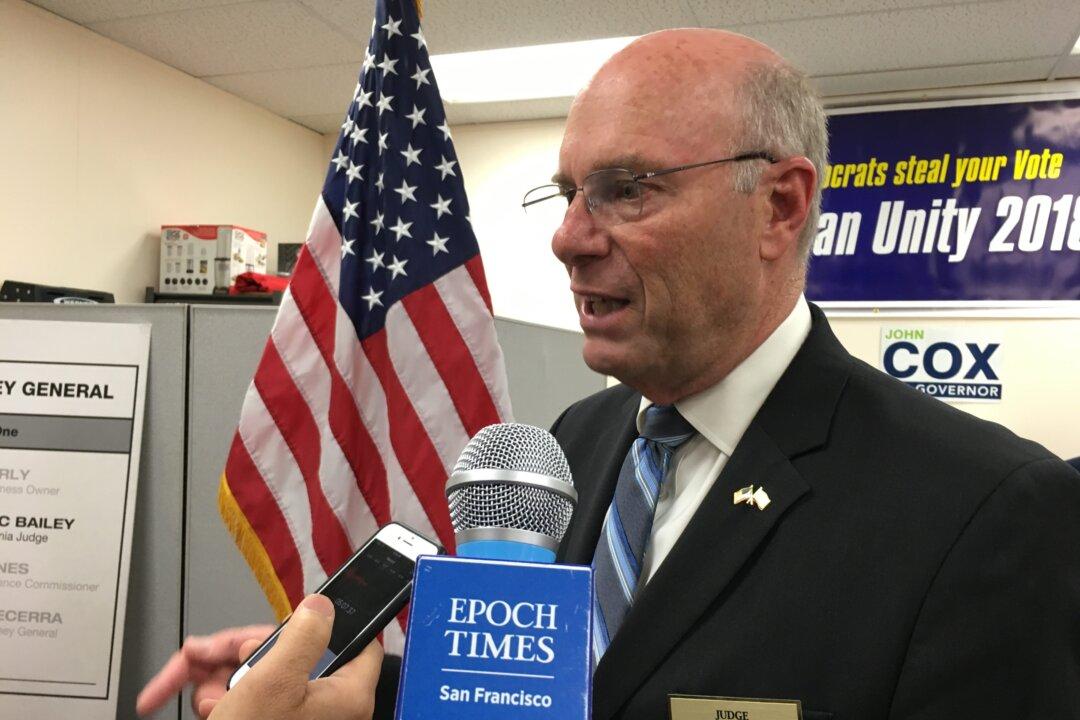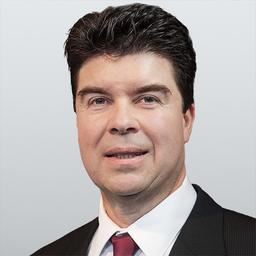Californians voted on several closely watched races in the primaries on June 5, including the election of two potential replacements for Gov. Jerry Brown.
Though not all the votes have been counted yet, the semi-official results are available.


Californians voted on several closely watched races in the primaries on June 5, including the election of two potential replacements for Gov. Jerry Brown.
Though not all the votes have been counted yet, the semi-official results are available.